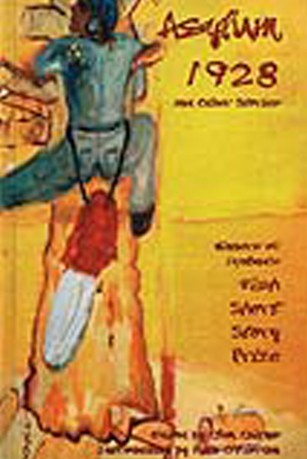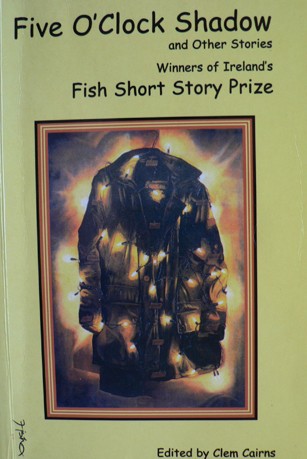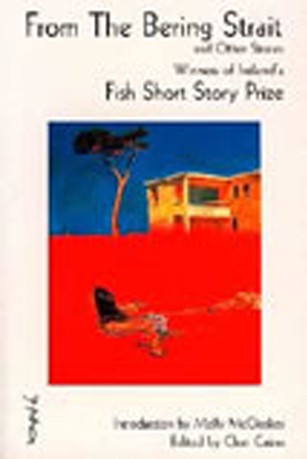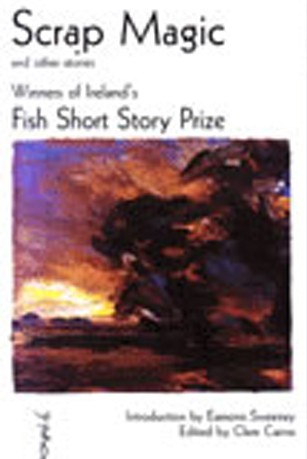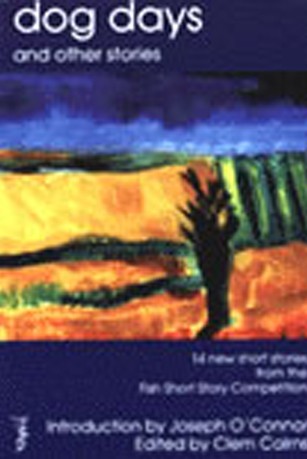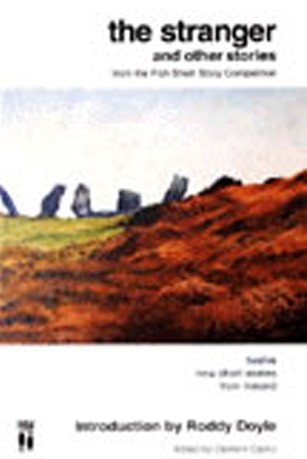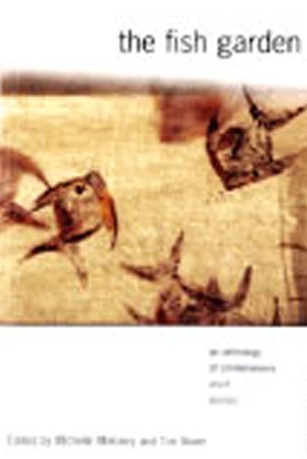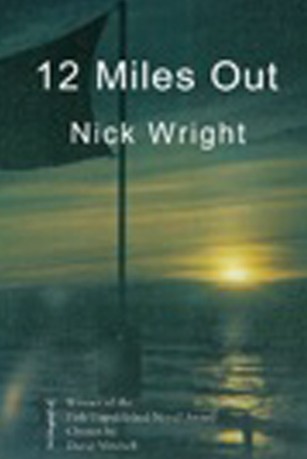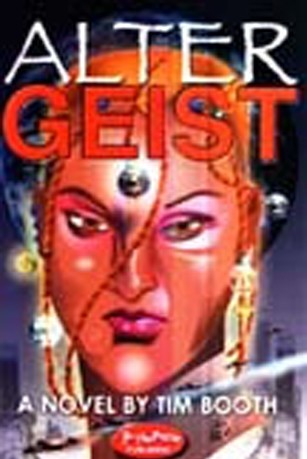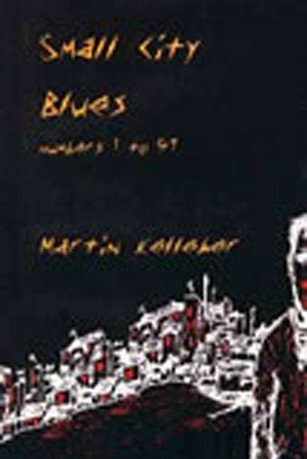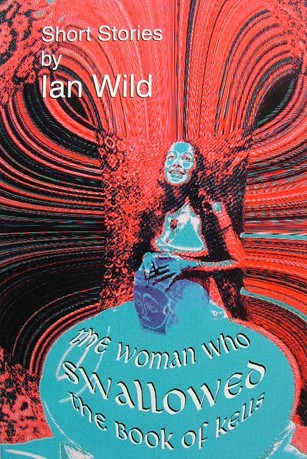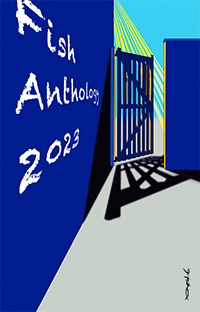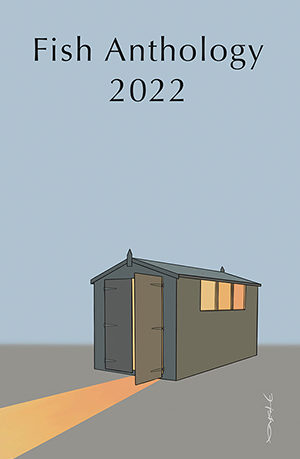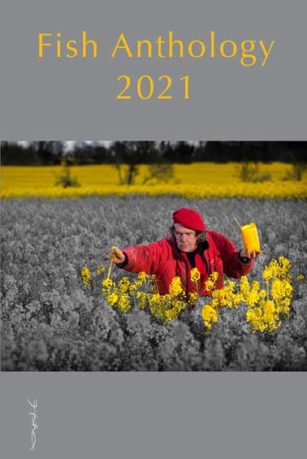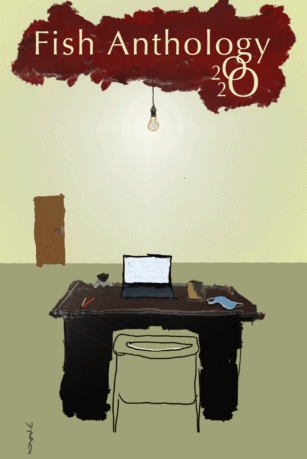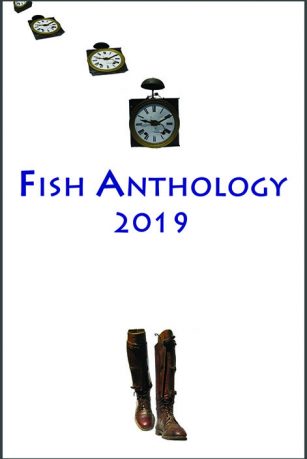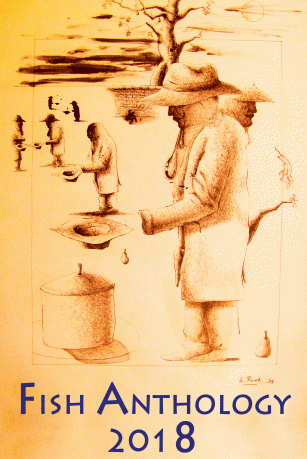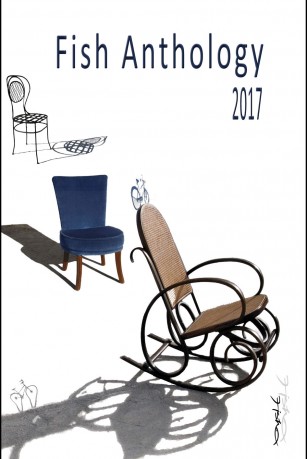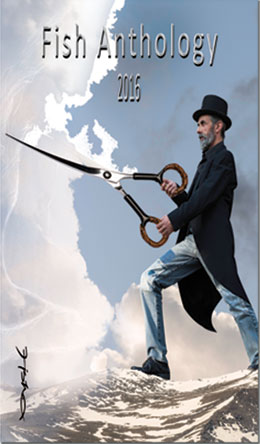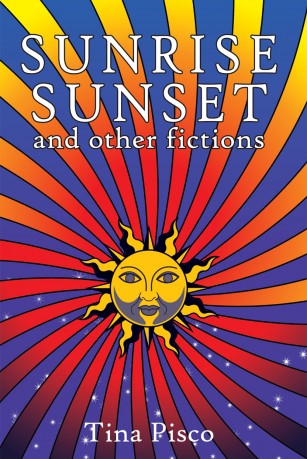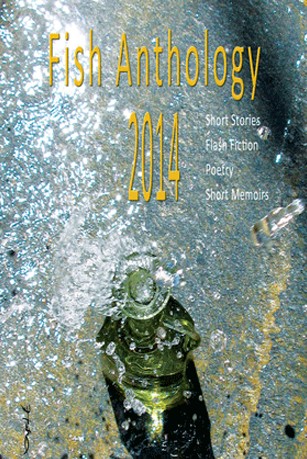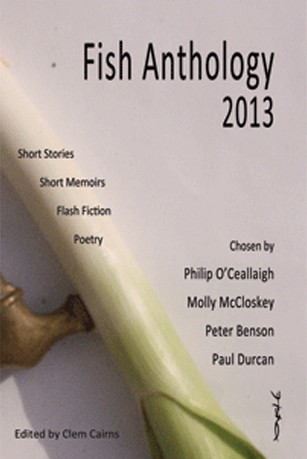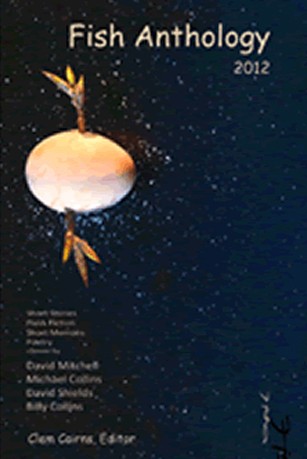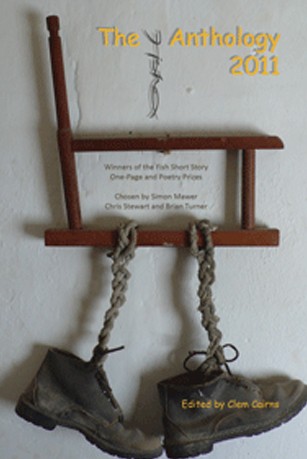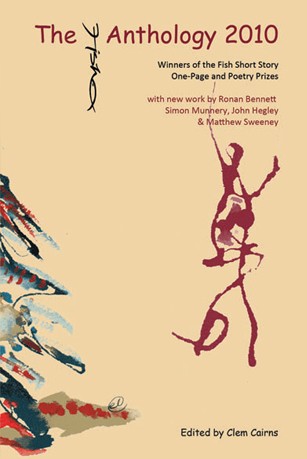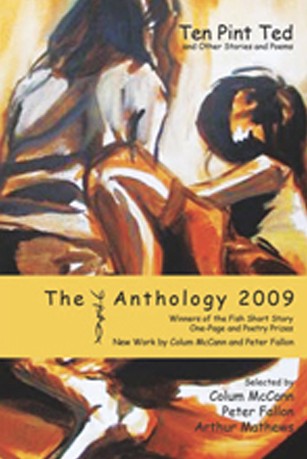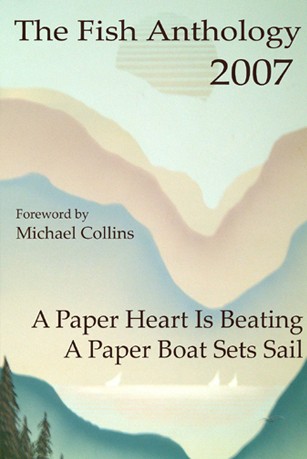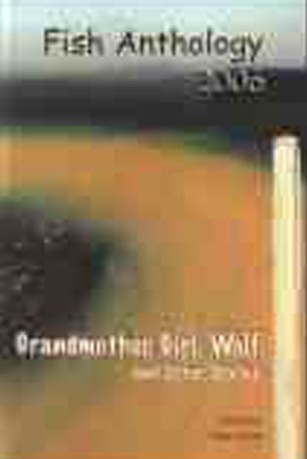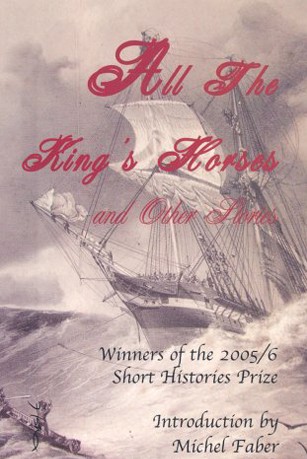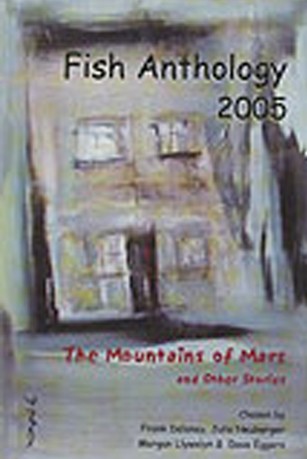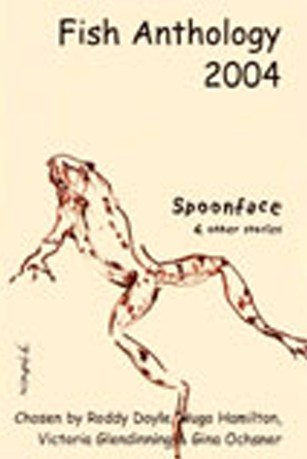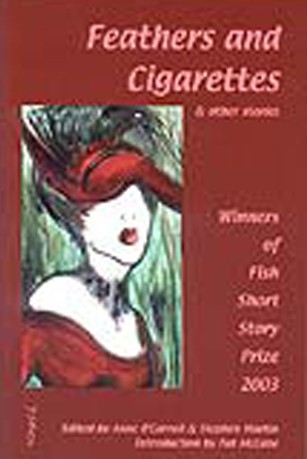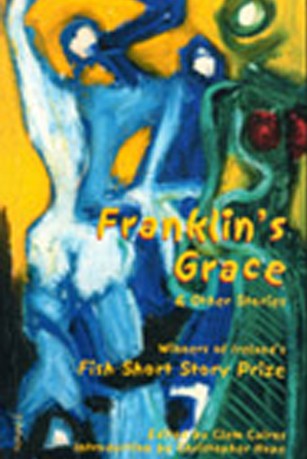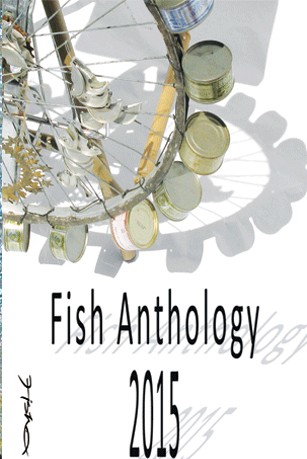
Fish Anthology 2015
ISBN: 978-0-9562721-7-1
Fish Anthology 2015 –
SELECTED BY:
Jennifer Johnston ~ Short Story
Carmen Bugan ~ Short Memoir
Bret Anthony Johnston ~ Flash Fiction
Nick Laird ~ Poetry
How do we transform personal experience of pain into literature? How do we create and then chisel away at those images of others, of loss, of suffering, of unspeakable helplessness so that they become works of art that aim for a shared humanity? What is the role of language—lyrical, descriptive or confessional in portraying these strong experiences? What exactly is the language of memory? The pieces selected here seem to prompt all these questions and the best of them offer some great answers.
Carmen Bugan
Read an excerpt from winning short story – The Pace of Change by Chris Weldon.
Read winning poem – Saint John’s Primary School Nativity. Nineteen Years On. By Tessa Maude.
Fish Anthology 2015
Contents
|
|
||
|
The Pace of Change |
Chris Weldon |
|
|
Tomorrow |
Keren Heenan |
|
|
Two Funerals |
Kara Moskowitz |
|
|
Blind White Worm |
Bill Davis |
|
|
American Holiday |
Grace French |
|
|
Thieving in a Minor Key |
Jacob M. Appel |
|
|
The Journey |
Kate Mahony |
|
|
Combat |
Katherine West |
|
|
Of Things That Fall From The Sky |
Omar Al-Khayatt |
|
|
Unfinished Business |
Pauline Brown |
|
|
Desray |
Pippa Gough |
|
|
FLASH FICTION |
||
|
Trashfish |
Chloe Wilson |
|
|
Transformation |
Nicholas Ruddock |
|
|
Forwards, Backwards, Sideways |
Jackie Burgoyne |
|
|
Land of Stones |
Mark Smith |
|
|
Boy |
Robert Barrett |
|
|
The Ride |
Rucha Modak |
|
|
Comrades |
Charlie Weaver Rolfe |
|
|
Tiffy |
Nancy Ludmerer |
|
|
Wreck |
Mark Sutz |
|
|
TV vs Walking |
Katerina Protopsaltis |
|
SHORT MEMOIRS |
||
|
Throat of Morning |
Wendell Hawken |
|
|
The Torso and the Lotus |
David Horovitch |
|
|
The Baby Dictates |
Saffron Marchant |
|
|
Van Men |
John Harris |
|
|
Dutch Scene Before Divorce |
Nicola Waldron |
|
|
Kibun |
Elizabeth Browne |
|
|
The Beach Umbrella |
Eva Faber |
|
|
A Caseful of Ostrich Feathers |
Aida Lennon |
|
|
Symphony Date |
Cathy A. Beres |
|
|
Christmas is Coming |
Alan Coley |
|
|
POETRY |
||
|
Saint John’s Primary School Nativity. Nineteen Years On. |
Tessa Maude |
|
|
Termination |
Jessica Magee |
|
|
Waiting for Verlaine |
Penny Ouvry |
|
|
Icarus in Donegal |
Sighle Meehan |
|
|
After the Museum |
Peter Blair |
|
|
Dean of Studies |
Frank Farrelly |
|
|
Into my lavender suitcase, I pack: |
Laura Jan Shore |
|
|
The Finest Specimen |
Jane Clarke |
|
|
Shifting |
Roger Vickery |
|
|
Begin |
Polly Atkin |
|
|
BIOGRAPHIES |
The Pace of Change by Chris Weldon
Brendan soothed the horse by stroking under its jaw and the huge animal opened its mouth, allowing him to slide the bit in to the back of its teeth. He pulled the bridle over the ears and held firm on the reins as the horse jerked his head upwards. After a few moments it became still and then lowered its head to munch on the grass.
‘Come up,’ said Brendan gently. ‘Come up out of that.’
He rubbed the horse’s nose and leant forward to buckle the bridle. Taking the reins again he led the horse across the field towards a five bar aluminium gate. Set in a gap in the hedge, it offered a view across a narrow road and beyond to an oak lined avenue, the tree tops blurred by the Westmeath morning mist. He stopped and listened and the horse listened too, its ears moving like radars trying to pick up the direction of the sound, the sound of a motor car. It’ll be Kit Lee, thought Brendan. Kit was the only man he knew who owned a motor car, an old black one.
At that time it was the only car around those parts, not that it was around that much. Kit spent an average of two out of three days at home in bed, convinced he had a fatal illness. One illness or another, it didn’t matter so long as it was fatal. When the due date for his death would pass Kit would get up and go about as if nothing had happened, which, of course, it hadn’t. Brendan never tired of telling the story of the day when Kit stood at the counter in Briody’s shop in the village.
‘“Twenty Sweet Afton is it, Kit?” says Mrs. Briody, reaching behind her to where the cigarettes were stacked on the shelf. “Ten,” says Kit. “Ten?” says Mrs. Briody. “The doctor gave me three feckin’ days to live and there’s two of them gone by already,” says Kit. “Ten will see me out, Mrs. Briody.”’
And Brendan would look around the bar to see who was laughing and to see if there was anyone who hadn’t heard it before. Once a man had said that he had heard the same story down in Kerry but no more was said about that.
There was a name for Kit’s condition but it kept slipping Brendan’s mind. Lots of things were slipping his mind these days: names, lots of things. He’d never married; said he hadn’t time enough for himself never mind a wife.
The car went past, visible only for the second it took to pass the gate. It wasn’t Kit’s car. It was red and newer looking. Brendan had never seen it before and wondered who it could be. One of them fellahs down from Dublin, he thought. There were more cars in Dublin where they didn’t need them, of course, than anywhere out in the country.
But it wouldn’t have been Kit, in any case, because Kit had taken to his bed the morning before with his latest fatal illness. Brendan had seen Tommy McCormack, the doctor, in Mullingar later that afternoon. He had taken the bus in to look at some cattle for Mr. Hope who owned the farm where Brendan worked when he was needed. The doctor was leaning against the top rail of the cattle pen in the street where the market had been set up.
‘What’s up with him this time, Tommy?’ Brendan had asked.
‘He has the plague,’ the doctor answered
‘The plague?’ said Brendan. ‘We’re all doomed, so.’
‘I’d say we are,’ said Tommy. ‘I’ll just go in there, now, to the Bar and Grill, and take my last glass of Guinness. Will you send for the priest?’
‘I will,’ said Brendan, ‘after I’ve had a look at these heifers.’ The doctor walked across the street to the bar. As he opened the door the strains of ‘Heartbreak Hotel’ emerged and mingled with lowing of the cattle and the shouts of the farmers bargaining in the market. Brendan shook his head and moved away down the street.
Kit had never married either so, there they were, two old batchelors going about together, whenever Kit was about, anyway. Brendan with his weather beaten face, lean and wiry: Kit tall and pale, his jet black toupee perched on his head ‘Like a cat on a mantelpiece,’ said Mrs. Keogh in the post office. Brendan was older than Kit. He had been drawing his pension these three years and Kit still had a year before he could draw his.
‘I’ll never get there,’ he would say. ‘I’ll never see the day.’
The only time their friendship was ever strained was that time twenty or twenty-five years before, he had lost track, when Brendan went over to England for the work. Kit’s older sister, Maggie, was living in Sheffield with her husband and Kit had written to her asking if she could find room in the house for Brendan so he could earn a bit of money on the roads over there. Maggie had written back and said she could but not for too long now, as her husband wasn’t too happy about it at all. So Brendan took the mail boat over to Holyhead and caught the train to Sheffield, changing at Crewe. Maggie had moved her two sons into one room and given Brendan the small bedroom. After he had laid his case on the bed he came downstairs to the cramped sitting room where Maggie’s husband Dermot was hunched in an armchair with his pipe and a paper.
‘Good man,’ said Brendan.
‘Mmmuhh,’ said Dermot without looking up.
Dermot was from County Cork. Stocky and short, he either said nothing or spoke so fast, so passionately and for so long that he exhausted you. Over the weeks that Brendan was there he made the effort to break the ice with Dermot but he generally got the silence or, at best, the grunts. He felt for Maggie. She was a handsome woman, a good mother, funny and warm. Any man would be glad of her but Dermot didn’t seem to have any appreciation of her at all.
One afternoon Brendan was in the kitchen with Maggie. He couldn’t get a start on the roads that week and Maggie had offered to cut his hair. There was more of it then and it was a kind of reddy-brown.
‘It’s falling in your eyes,’ said Maggie. ‘Sit down there and I’ll cut it for you.’ She leant over from behind him and placed a tea towel round his neck, tucking it into the shirt collar. He felt her softness and it stirred him.
‘I remember you leaving home,’ said Brendan.
‘That was twenty years ago.’
‘No! Twenty years?’ said Brendan
‘Will you sit still,’ said Maggie. ‘I’ll be sticking the scissors in you.’
‘Twenty years?’
‘It was,’ said Maggie resting her hand for a moment on Brendan’s head. ‘It was 1913, just before the war. Some bloody great idea it was to come to Sheffield.’
‘Why did you do it?’
‘Dermot had work in the steel factory.’
‘Ah, sure Jaysus, Maggie, it’s not Dermot’s fault the war broke out.’
‘I know that,’ said Maggie quietly.
There was a silence between them as Maggie clipped away with the scissors, carefully holding his ears down with her cool fingers while snipping around them.
‘I was sorry to see you leave,’ said Brendan.
‘You were not.’ Maggie laughed.
‘I was so.’
‘Why would you be sorry to see me leave?’
‘Well there wasn’t exactly a crowd of good looking girls around the village in those days.’
‘Now stop,’ said Maggie. ‘Stop now. You mustn’t be saying those things.’ But although she was behind him he could sense that she was pleased and when her fingers came to rest gently on the back of his neck he felt a tingling and he knew they rested there longer than they needed to.
Saint John’s Primary School Nativity. Nineteen Years On.
by Tessa Maude
The Virgin Mary lights a fag
Behind the vestry door
She’s pregnant for the fourth time
At only twenty-four.
Herod dies in Helmand
And Caspar deals in crack and
Melchior rapes Gabriel
And stabs him in the back.
The shepherds beat up Joseph
And steal his mobile phone
Miss Stevens gives up teaching
And drinks and dies alone.
The Star stands by her lamp post
And sore afraid acts tough
By bridges and in doorways
The Inn Keeper sleeps rough.
The mothers and the fathers
The chief priests and the scribes
Are gathered in the court house
Where Balthazar takes bribes.
The Heavenly Choir disbanded
And went their separate ways
Three wise men went to Wandsworth
The shepherds to The Maze.
A suicidal Jesus
Curses God then leaps
And in his stained glass window
Saint John the Baptist weeps.


